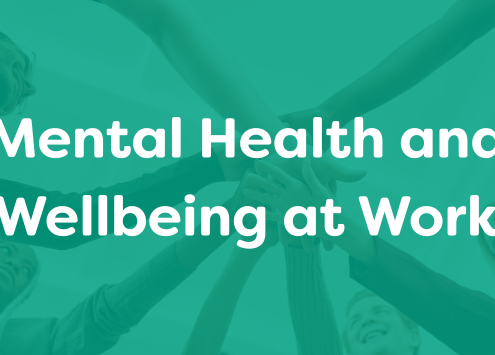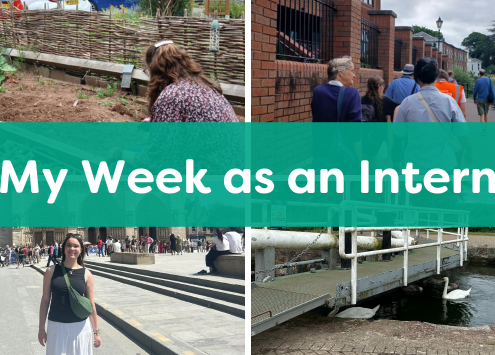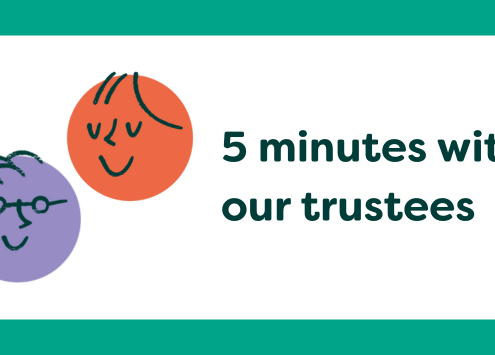 https://steponecharity.co.uk/wp-content/uploads/2025/09/Website-News-Headers-2024-1.png
355
700
Isaac Mann
https://steponecharity.co.uk/wp-content/uploads/2024/02/step-one-wellbeing.svg
Isaac Mann2025-09-12 09:52:112025-09-12 09:52:11Walking for a Cause: The Journey Behind the 300,000 Steps
https://steponecharity.co.uk/wp-content/uploads/2025/09/Website-News-Headers-2024-1.png
355
700
Isaac Mann
https://steponecharity.co.uk/wp-content/uploads/2024/02/step-one-wellbeing.svg
Isaac Mann2025-09-12 09:52:112025-09-12 09:52:11Walking for a Cause: The Journey Behind the 300,000 StepsExplaining resilience
Have you ever wondered how some of your colleagues or friends are able to stay absolutely calm in the face of disaster while you appear to come undone at the littlest sign of stress? People who seem like their ‘keeping their cool’ may be described as having resilience, or the ability to cope with problems, stresses and setbacks.
Problems such as job losses, financial hardships, isolation whilst in lockdown, illness or the death of a loved one are sadly a familiar occurrence in our current climate. Resilient people are more able to face these difficulties head-on, whilst some of us will mask our despair or hide from our problems with unhealthy coping strategies.
Amy’s experience
Amy Erith, our BeWell@StepOne Training Manager, used to worry that she wasn’t coping as well as other people.
“For me, I spent a long time not understanding why I would get emotional, or feel physical effects of stress – thinking that there was something wrong with me and that I would always get stressed and emotional at the littlest thing.
Those of us who lack resilience can be driven to unhealthy, destructive or even dangerous behaviours and the effect of these coping mechanisms can lead to slower recovery and more distress in difficult times. Those with resilience don’t experience any less stress or anxiety but are able to bounce back quicker, and often come out stronger because of this.”
Amy says it is possible to improve your resilience.
“The good news for us that lack resilience is that it can be learnt and built upon. There are plenty of resources available online and in local communities; the important factor is to continue to learn and practice the behaviours needed to be more resilient.”
What can I do?
- The first thing to do is to consider your own resilience level – how have you dealt with a stressful situation recently? Understanding how you deal with stressful situations and knowing your own strengths and weaknesses will allow you to develop a plan to increase your resilience.
- Once you understand yourself and your coping mechanisms (or not, if that’s the case) you can then develop self-management tools to help you. Some examples of self-management include guided imagery, breathing exercises and mindfulness training. These can all help to regulate your emotions, behaviours and thoughts.
- There are also many coping skills that can help with stressful situations – journalling, reframing thoughts, exercising, spending time outdoors, socialising, improving sleep, and getting creative.
Amy’s recommendation
“For me, exercise has been the biggest boost to my resilience and my mental health, but as we are all different maybe something else would be more beneficial for you!”








![Graphic with quote reading: “You met me at one of the most difficult times and seeing the difference you’ve made is amazing [...] Please keep doing what you do. You change lives.”](https://steponecharity.co.uk/wp-content/uploads/2025/04/Website-News-Headers-2024-33-495x355.png)

